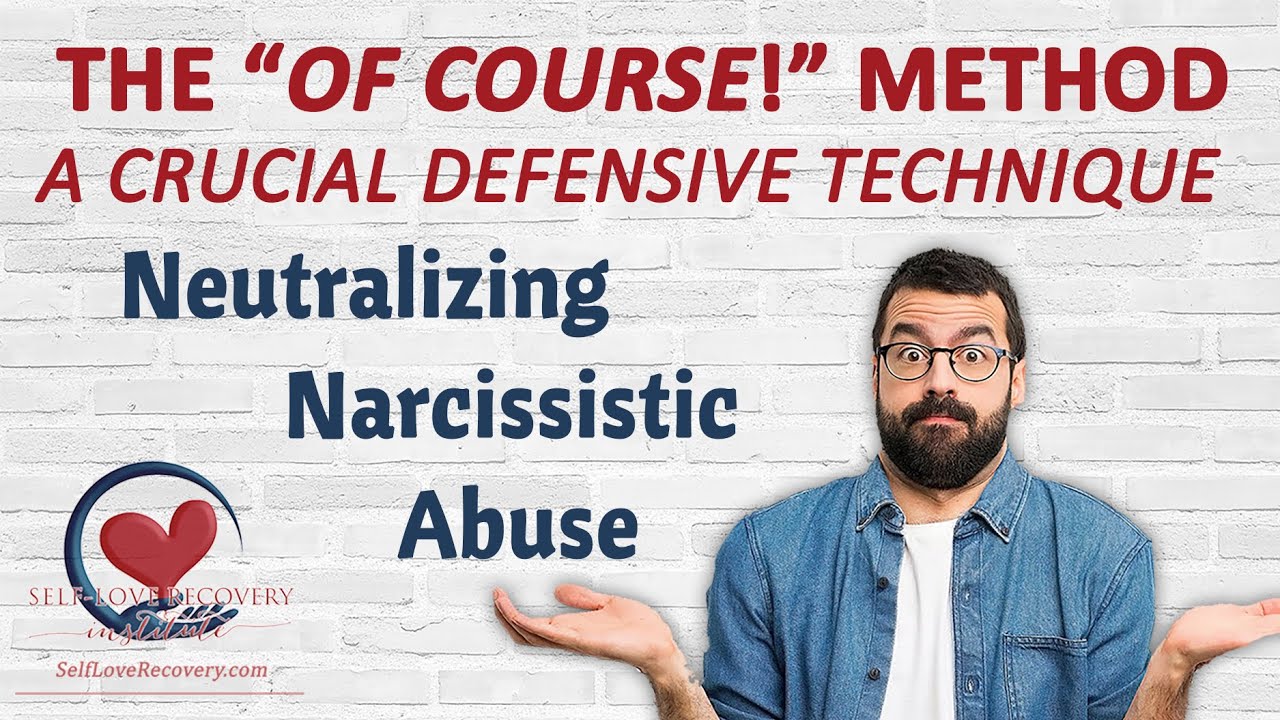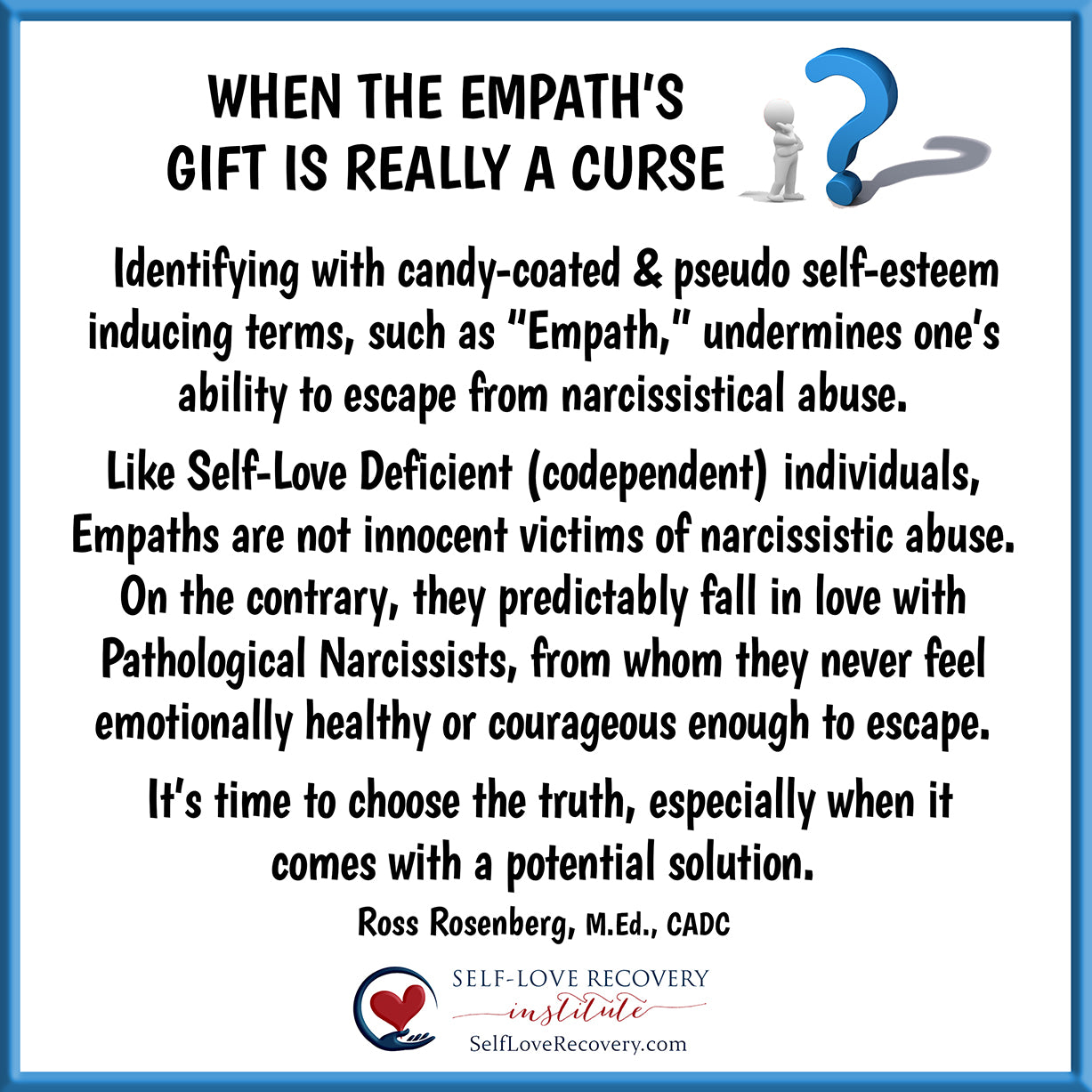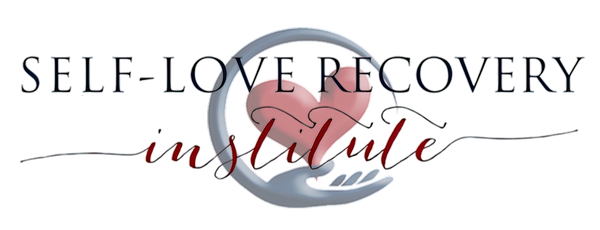Ross Rosenberg's Blog
The Codependent's Lament
The Codependent's Lament
by Ross Rosenberg
I was lost in a desert of my own making,
Parched and weary, my soul aching.
Seeking oasis of love and care,
But finding only mirages of despair.
I gave my water, my last precious drop,
To those who would not, could not stop.
Their thirst was endless, a bottomless well,
And I, the prisoner of my own private hell.
I built my home on shifting sands,
Trying to meet their demands.
I thought if I gave enough, they would see,
And finally, have love for me.
Friendships by Design: Mastering Social Connection in Midlife
In "Friendships by Design: Mastering Social Connection in Midlife," Ross Rosenberg, M.Ed., reframes making friends after 40 as a learnable skill rather than a matter of luck, offering a compassionate guide that turns anxiety into actionable strategies. He argues that building a meaningful community requires a foundation of self-love, which enables individuals to drop pretenses, manage negative self-talk, and avoid the "trying too hard" trap.
By practicing mindfulness, showing genuine curiosity in others, engaging in shared activities, and being persistently open to connection without desperation, individuals can forge deeper, more authentic friendships built on courage and intentionality, ultimately proving that the most rewarding social connections are still ahead.

Setting Boundaries with Narcissists
Boundaries don’t work with narcissists. It is critical to fully understand this simple truth. As you begin to accept this, you can begin the treatment for your codependency (Self-Love Deficit Disorder) and learn to protect yourself.
To Dash or Not Dash - Co-Dependency's Evolution
The “dash” version of co-dependency never advanced beyond its original family systems theory influence. Still, it sheds light on the addict’s chemical dependency and their partner’s propensity to sabotage their treatment unconsciously, reflexively, and predictably. Moreover, with the development of the co-dependency term, concept, and burgeoning treatment accommodations available to them, positive and negative treatment outcomes could be statistically correlated to the participation of the partner to the addict.

TALKING ABOUT A REVOLUTION
Excerpt from “The Codependency Revolution:Fixing What Was Always Broken (2024)” Ross Rosenberg, M.Ed., LCPC, CADC The Outside Revolution “…..As my typing fingers translated the circuitous exploratory processes of my mind, I...

The "Of Course" Method: Neutralizing Narcissistic Abuse
One of the most effective techniques for setting boundaries and breaking free from a pathological narcissist is the “Of Course Method.” It may seem like a simple turn of phrase, but “of course” are two small words that hold huge

12 Most Frequently Asked Questions About Narcissism
Ross Rosenberg answers the most frequent questions about narcissists, narcissistic personality disorder (NPD), narcissistic injuries, healthy narcissism, boundaries and more...

The Observe Don't Absorb Technique
Ross Rosenberg's Observe Don’t Absorb Technique (ODA) provides a person who is manipulated and/or harmed by an individual who derives power and control through the use of emotional domination, capacity to set successful boundaries with Pathological Narcissists.

When You Unmask a Covert Narcissist, RUN, but Quietly!
Covert narcissists are the worst type of narcissists. They thrive by pretending to be something they are not. They pretend to be altruistic, kind, and codependent. Covert narcissists get what they need out of life by creating a false self. And they hurt people in their most intimate relationships behind the scenes. To unmask a covert narcissist can be very dangerous, because of their manipulative nature and that they are often respected by others.

The Journey to Self-Love: On Becoming a Rose: Poem
Breaking through to self-love
is the most difficult journey
for paralyzed and anxious
rose bud people,
whose roots are deeply
and inescapably implanted
in the inhospitable soil
of forgotten and discarded dreams.

"Empath" Is Not the Same as "Codependent"
I have to be honest, I do not like when the term “empath” is used interchangeably with “codependent.” “Empath,” which has its origins in the spiritual and metaphysical world, was never intended to be a replacement term for codependency. An empath is defined as a person with the paranormal ability to intuitively sense and understand the mental or emotional state of another individual...

"Codependency" No More
“Codependency” is an outdated term that connotes weakness and emotional fragility, both of which are far from the truth. The replacement term, “Self-Love Deficit Disorder” or SLDD, takes the stigma and misunderstanding out of codependency and focuses on the core shame that perpetuates it. However, inherent in the term itself is recognizing the core problem of codependency and its solution.
